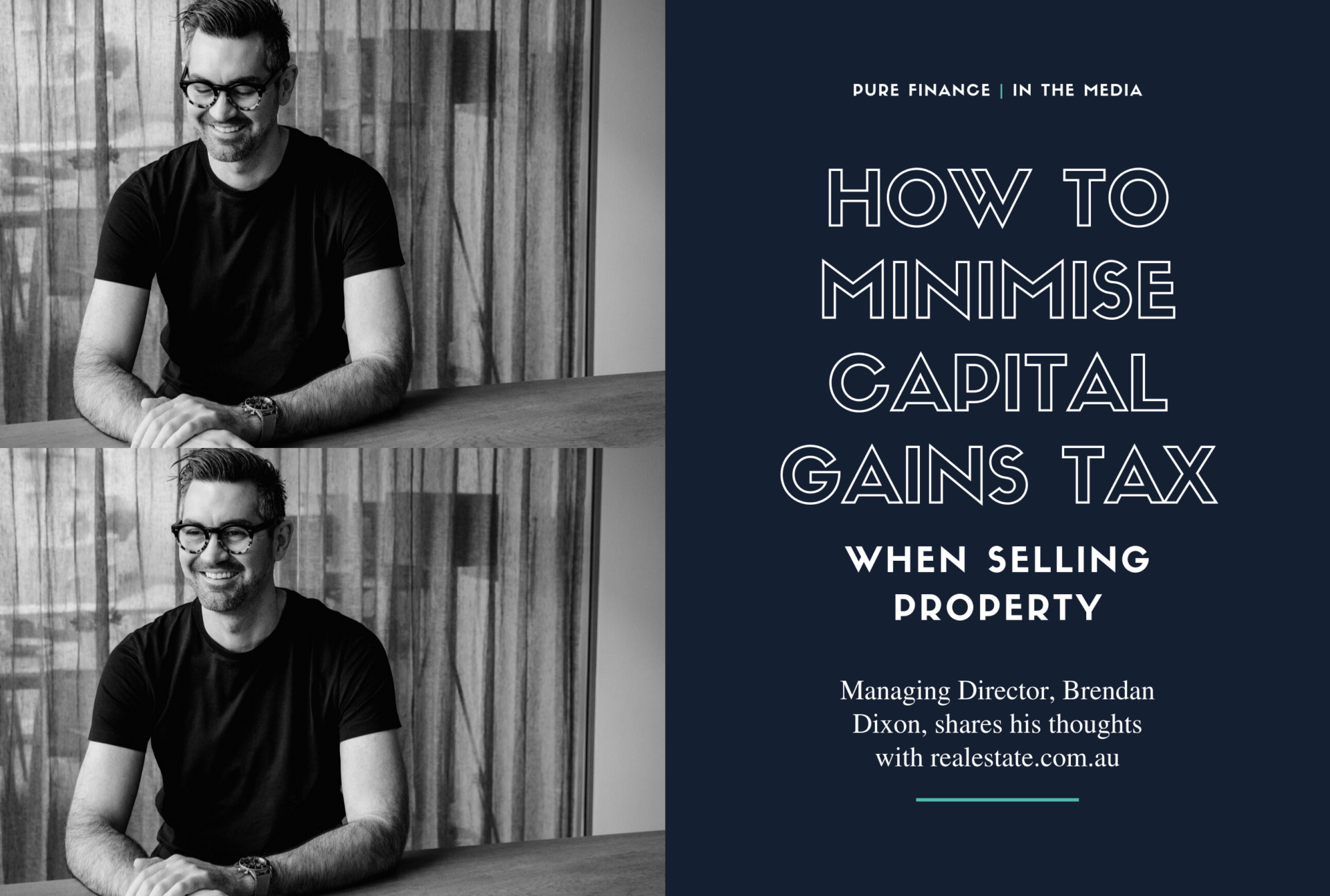
This article was published by realestate.com.au and appears originally here.
For investors who don’t understand it, capital gains tax can be a bit of a “boogey man”. But with a bit of knowledge and planning, it’s possible to substantially reduce how much of it you pay – or even avoid it altogether.
While it is always best to seek professional advice on how the law relates to your specific situation, this guide provides some handy information to set you on your way.
When do you have to pay capital gains tax on a property?
Generally, if a property is sold for a gain, capital gains tax (CGT) will apply. But there are always exceptions. For example, no CGT applies if the property is a person’s main residence, i.e. their home.
Another common exception is if the property was purchased before September 20, 1985. But keep in mind that any significant improvements or renovations made since that date may be treated as a separate asset under law and consequently subject to CGT.
Meanwhile, small business concessions on CGT may also apply if the property is used in relation to a business and the taxpayer passes a variety of tests.
How is capital gains tax calculated on property?
CGT is calculated based on the amount of profit you make from a property’s sale, your marginal tax rate, and the tax deductions for which you’re eligible.
Brendan Dixon of Pure Finance says gross capital gain can be defined as the sale price, minus the purchase price and associated costs.
